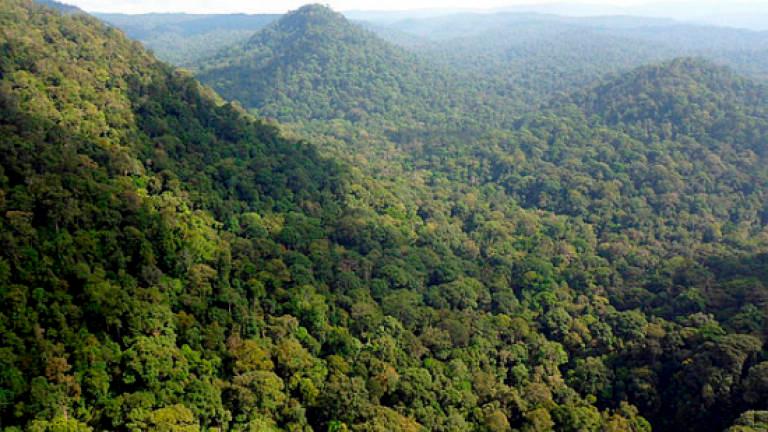EVERY dark cloud has a silver lining. In the case of the Covid-19 pandemic, it was a respite of sorts for Mother Nature.
With human activity restricted, wildlife regained its space, the air became less polluted and there was a drop in greenhouse gas emissions.
All over the world, there were reports of sightings of wild animals in urban areas. Wild boars were seen in the Israeli city of Haifa and a wild puma was seen wandering along deserted streets in the Chilean capital of Santiago.
Just a month after the movement control order (MCO) was imposed across Malaysia, a family of four wild elephants was seen walking past a petrol station in Kenyir, Terengganu.
The reappearance of wildlife in public areas is the result of a significant reduction in outdoor human activity, according to environmental group EcoKnights.
Its vice-president Amlir Ayat said noise, from motorised traffic to industrial activities, had driven wild animals deeper into the jungle.
“With the sharp drop in traffic and work stoppage at factories, the noise level was cut significantly, beckoning animals out of the jungle,” he said.
Another positive outcome of the MCO was a big reduction in air pollution and greenhouse gas emissions.
According to Amlir, sulphur dioxide and carbon monoxide levels were halved.
He attributed this to a reduction in traffic, especially in urban centres such as Klang, Putrajaya and Shah Alam.
Unfortunately, the interlude was short-lived. With the easing of restrictions and the resumption of human activity, wild animals have retreated back to their jungle refuge.
Amlir said he would like to see a continued scaling back of human activity to promote environmental sustainability.
“For instance, only drive when absolutely necessary,” he said.
Environmentalist Andrew Sebastian agreed that the MCO led to a reduction in pollution caused by traffic and heavy industries, but said it was short-lived.
“Yes, the air quality did improve. However, with little or no push for the use of more eco-friendly innovations and ideas, this is only a temporary relief.”
Pointing out the gains that have been achieved with curtailing human activity, he said Malaysia could take this further by introducing more environmentally friendly practices.
“For instance, illegal logging, poaching and land clearing continue unabated in spite of the fact that these activities are prohibited,” he said.
“We need the political will to preserve and protect endangered species, both flora and fauna. We could start by taking public transport rather than drive to reduce traffic on the road, thereby cutting down on pollution.”
“But most importantly, we should make our politicians accountable for what is happening to the environment,” he added.
The Consumers Association of Penang said more can be done to protect rivers, such as imposing a total ban on mining and export of sand.
“Data from the United Nations Statistics Division shows that in 2017 alone, more than 1,800 tonnes of sand was exported from Malaysia, with 95% of it going to Singapore.”
The association said sand mining could lead to degradation of river ecosystems.
An environmentalist pointed out that a lot can be done to keep our environment safe.
“We do not need another global pandemic to teach us the importance of protecting our surroundings.”
















